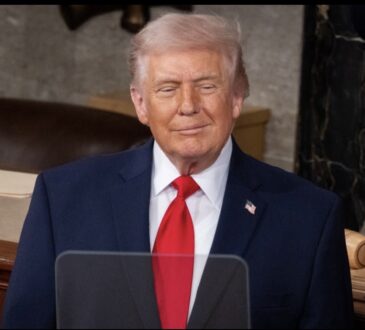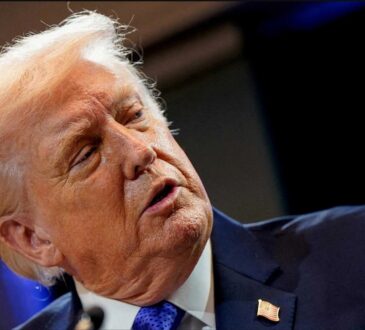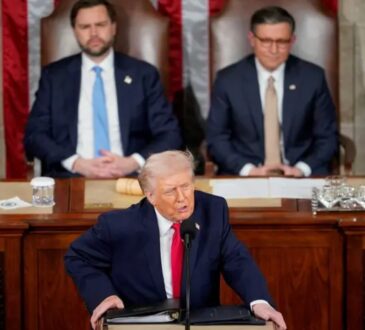
President Donald Trump publicly accused several Democratic lawmakers of committing sedition after they released a video reminding U.S. service members that they are not required to obey illegal orders. Trump claimed their behavior was treasonous and suggested it could be punishable by death. His remarks appeared on his Truth Social account, where he said the lawmakers’ comments were dangerous to the country and insisted their statements should not be tolerated.
These accusations came during a tense period in national politics, following the killings of Democratic lawmaker Melissa Hortman and conservative activist Charlie Kirk. Many critics responded immediately, warning that Trump’s rhetoric could inflame an already unstable and emotionally charged political climate.
The Democrats targeted in Trump’s post—Senator Elissa Slotkin, Senator Mark Kelly, Representative Chris Deluzio, Representative Chrissy Houlahan, and Representative Maggie Goodlander—released a video speaking directly to members of the military. All of them have backgrounds in national security or the armed forces. In the video, they stressed that U.S. troops swear an oath to protect the Constitution, not any individual leader, and that American law clearly states military members must not follow orders that violate the Constitution or federal law.
Their message followed growing questions about the legality of certain recent military operations, including strikes on suspected drug-smuggling vessels in the Caribbean and Pacific, as well as activities inside the United States related to immigration enforcement. They expressed concern that the administration was creating conflict by pushing military and intelligence personnel into actions that might not be lawful.
Military law reinforces what the lawmakers said. The Uniform Code of Military Justice requires troops to obey lawful orders and refuse unlawful ones. Legal experts explained that an order becomes unlawful if it contradicts the Constitution, violates U.S. law, or goes beyond the authority of the person giving the order. Service members who are unsure about the legality of an order are expected to check with military legal advisers. If those advisers determine the order is illegal, troops must not follow it.
Experts also made clear that sedition has a strict legal definition: it involves using or planning to use force to overthrow the government or stop it from carrying out its duties. Several former federal prosecutors said the Democrats’ video did not meet this standard at all. They pointed out that the lawmakers were simply repeating established legal principles and were not calling for rebellion, violence, or resistance against lawful authority.
They also argued that Trump’s accusation seemed to be more about political strategy than about law, suggesting it was intended to discredit the lawmakers and intensify divisions within the country. Some experts warned that seriously accusing elected officials of a capital crime for restating settled law was reckless and harmful to democratic norms.
The Democratic lawmakers issued a response saying it was telling that the president believed restating the law could be grounds for execution. They said they wanted service members to know they support them in following their oath and in refusing unlawful commands.
House Speaker Mike Johnson criticized the Democrats’ video, calling it dangerous and historically unprecedented for members of Congress to tell troops to disobey orders. He added that the Pentagon and the Justice Department were reviewing the situation.
Despite Johnson’s concerns, legal scholars emphasized again that military personnel must refuse clearly illegal orders—such as being instructed to commit torture or intentionally kill civilians. They said the lawmakers’ message aligned fully with these long-established legal principles.
When a reporter asked the White House whether Trump actually wanted the lawmakers to be executed, the press secretary responded simply, “no.” The president continued to face heavy criticism afterward as debates over military authority, presidential power, and political rhetoric grew sharper.




